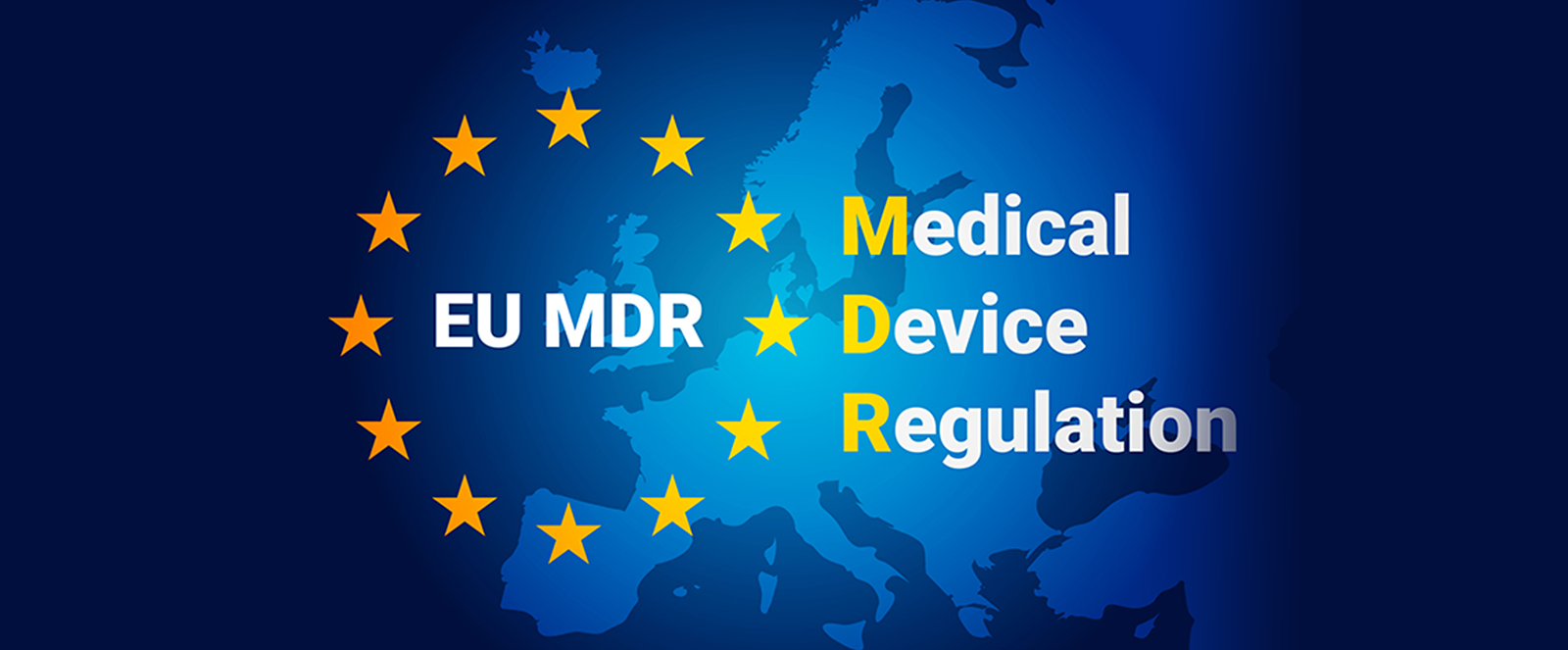Traceability in medical devices
Medical devices are considered a fundamental component of health systems. The benefits they can provide continue to increase as they are an essential part of prevention, diagnosis, and treatment illnesses and diseases (and rehabilitation from these) in a safe and effective way. However, patient safety issues are of utmost concern in the rapidly evolving healthcare sector. With a range of medical devices available on the market, a lack of traceability becomes a major issue resulting in improper product recalls, incomplete adverse event reporting, and counterfeit products. A dedicated global identification protocol is needed to unambiguously identify medical devices in the healthcare supply chain.
The EU Medical Device Regulation (MDR) 2017/745 and In-vitro Diagnostic Regulation (IVDR) 2017/746 were adopted on 5 April 2017 and define the requirements for the EU UDI (unique device identifier) system. The obligation for UDI assignment applies as from the date of application of the two new Regulations, which is 26 May 2021, for medical devices and 26 May 2022 for in vitro diagnostic medical devices. On the other hand, the UDI is required by the US FDA from 2013 and since then, the UDI has grown in scope, has evolved and has been integrated into the US and global medical product landscape.
The UDI is a series of numeric or alphanumeric characters that is created through a globally accepted device identification and coding standard. It allows the unambiguous identification of a specific medical device on the market. The unique identifier may include information on the lot or serial number and be able to be applied anywhere in the world. The UDI is an addition to, not a substitute for, the existing labelling requirements for medical devices.
The traceability of medical devices with a UDI improves the effectiveness of recalls and other field actions, incident reporting and market surveillance. Furthermore, it has positive impacts on the fight against product counterfeiting and the reduction of medical malpractice. It also improves purchasing and waste disposal policies and stock management by health institutions and other economic operators.






